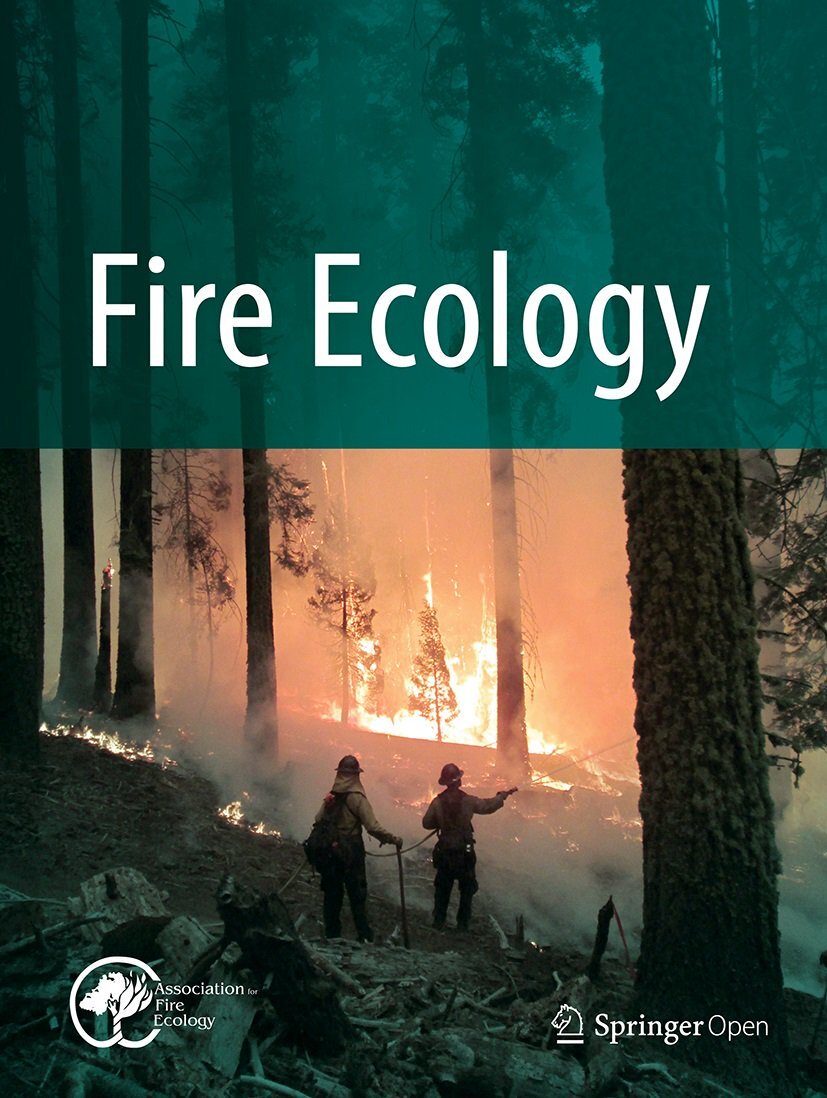NAFSE STudent webinar: Tackling Tickborne Disease and Bringing Back Barrens – Approaching Fire Management through a One Health Perspective
Thursday, October 23, 2025 12-1pm ET
Students will share their work via webinar and connect with the fire and forestry community to establish productive working relationships.
Speaker: Sam Gilvarg
Bio: Sam Gilvarg is a PhD student in Dr. Andrew Vander Yacht’s Applied Forest and Fire Ecology Laboratory at SUNY College of Environmental Science & Forestry. Gilvarg’s research primarily explores how the “One Health” approach can be employed to address problems that exist at the interface of human wellbeing, animal health, and environmental conservation. Currently he is focused on studying how fire management interacts with tick populations in the Atlantic Coastal Pine Barrens. Gilvarg holds a B.A. (Environmental Studies & History) from Gettysburg College and a M.S. (Conservation Medicine) from the Cummings School of Veterinary Medicine at Tufts University. He has previously worked as a Fire Effects Monitor with the National Park Service at Sequoia-Kings Canyon NPs, Shenandoah National Park, and Cape Cod National Seashore. He is currently affiliated as an AD with the Green Mountain and Finger Lakes National Forests..
Webinar: In addition to promoting disturbance dependent ecosystems (many of which are of conservation concern), there is growing evidence that fire management can moderate the size of tick populations and thereby decrease the risk of encountering tickborne pathogens. In this webinar, we will explore how fire impacts tick populations in the globally rare Atlantic Coastal Pine Barrens by highlighting research that has occurred at Brookhaven National Laboratory (BNL) looking at how tick abundance has been impacted by the lab’s fire management practices. Specifically, we will explore the role that repeated burnings play in generating sustained tick declines while concurrently promoting Pine Barrens. Finally, we will note how such management can be streamlined and promoted by being conceptualized through interdisciplinary One Health - informed perspectives.


